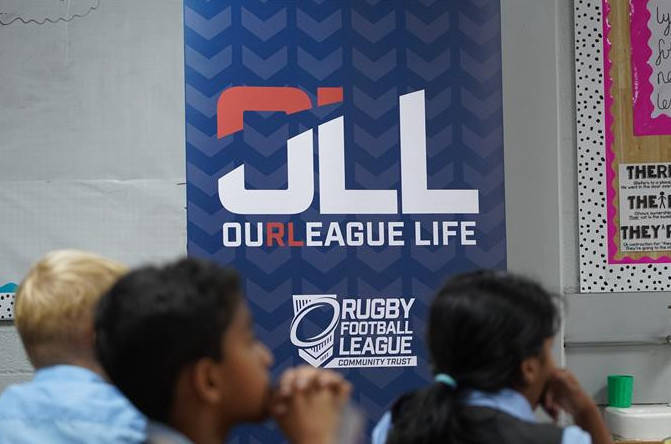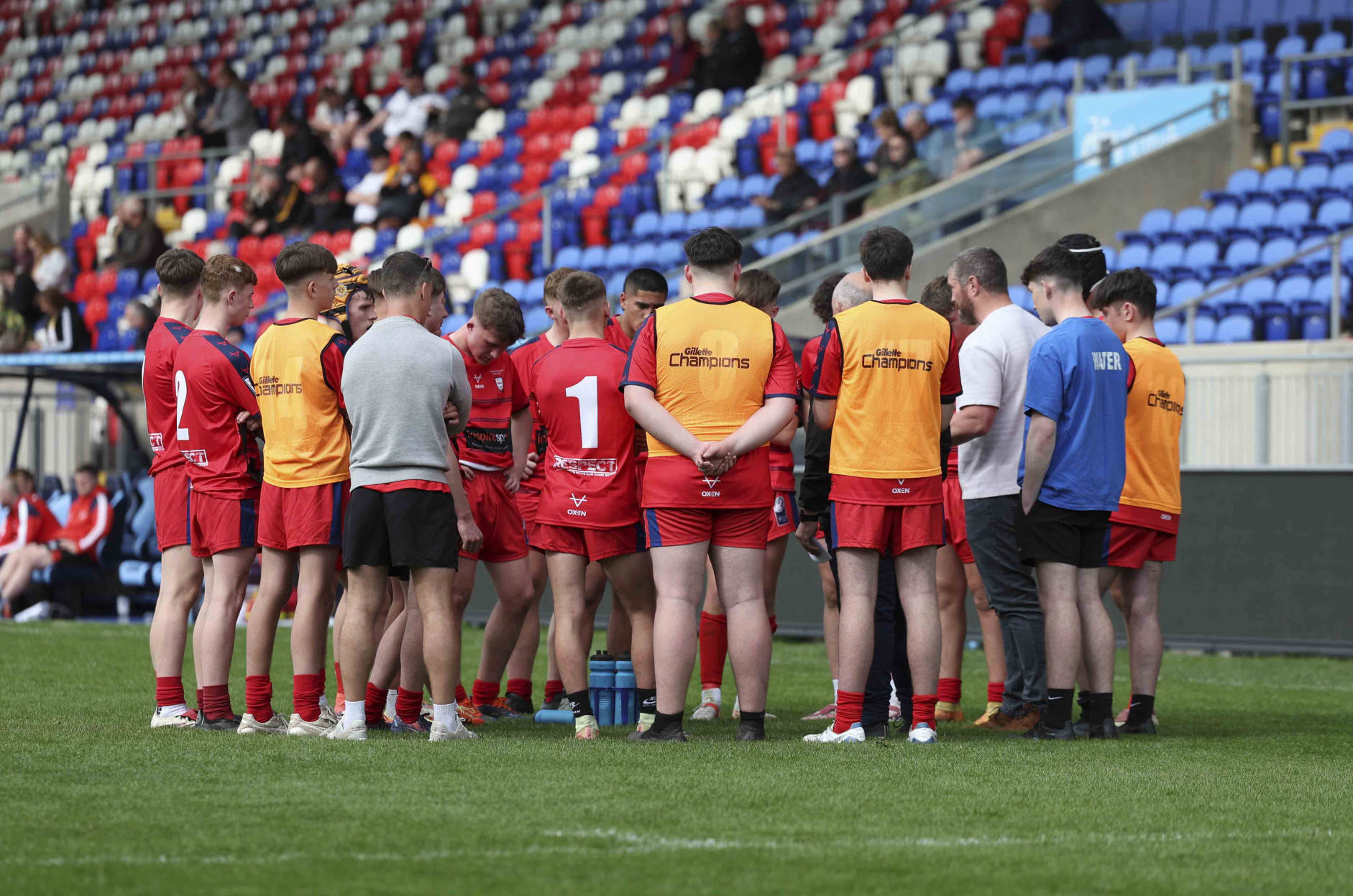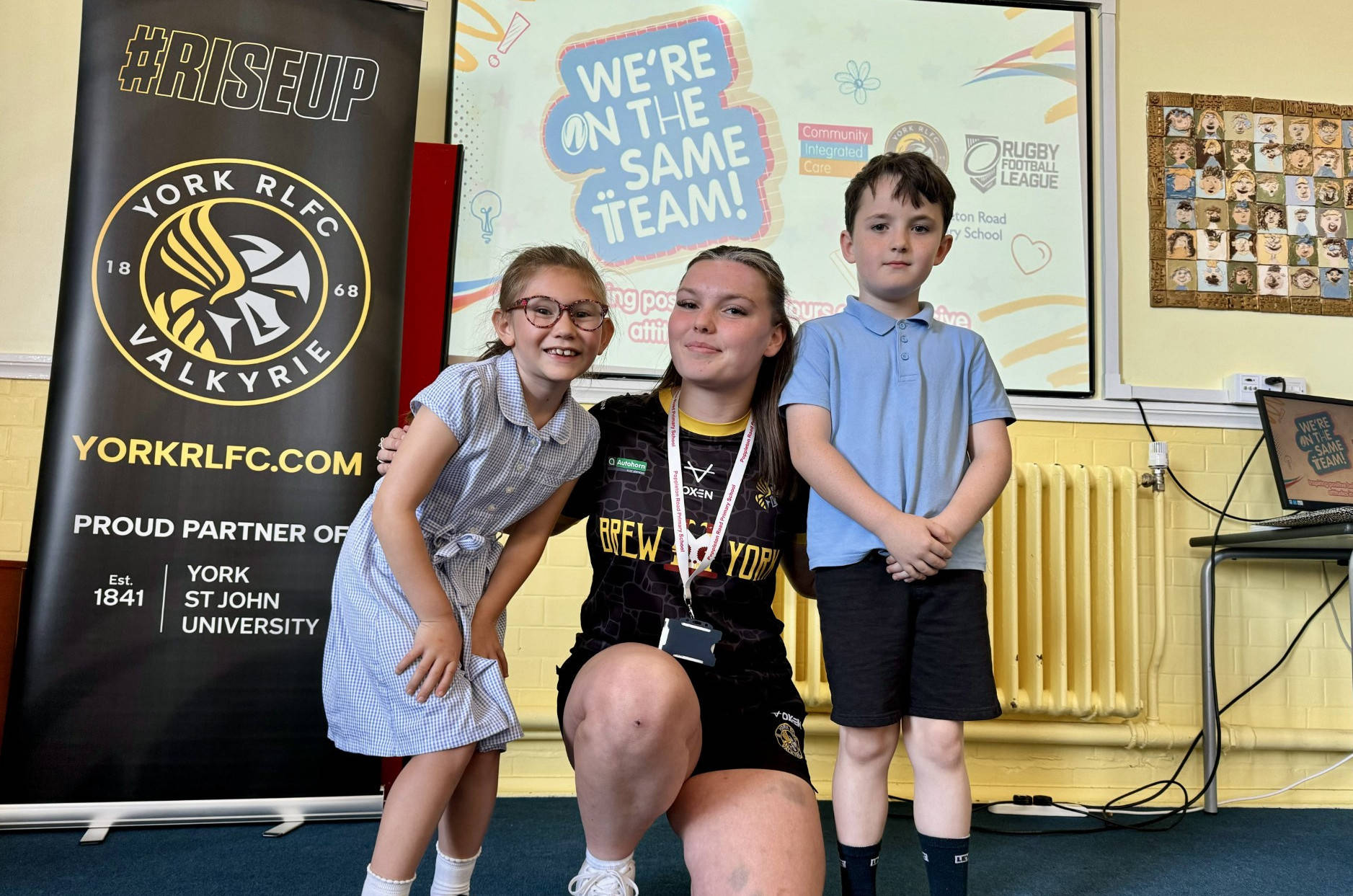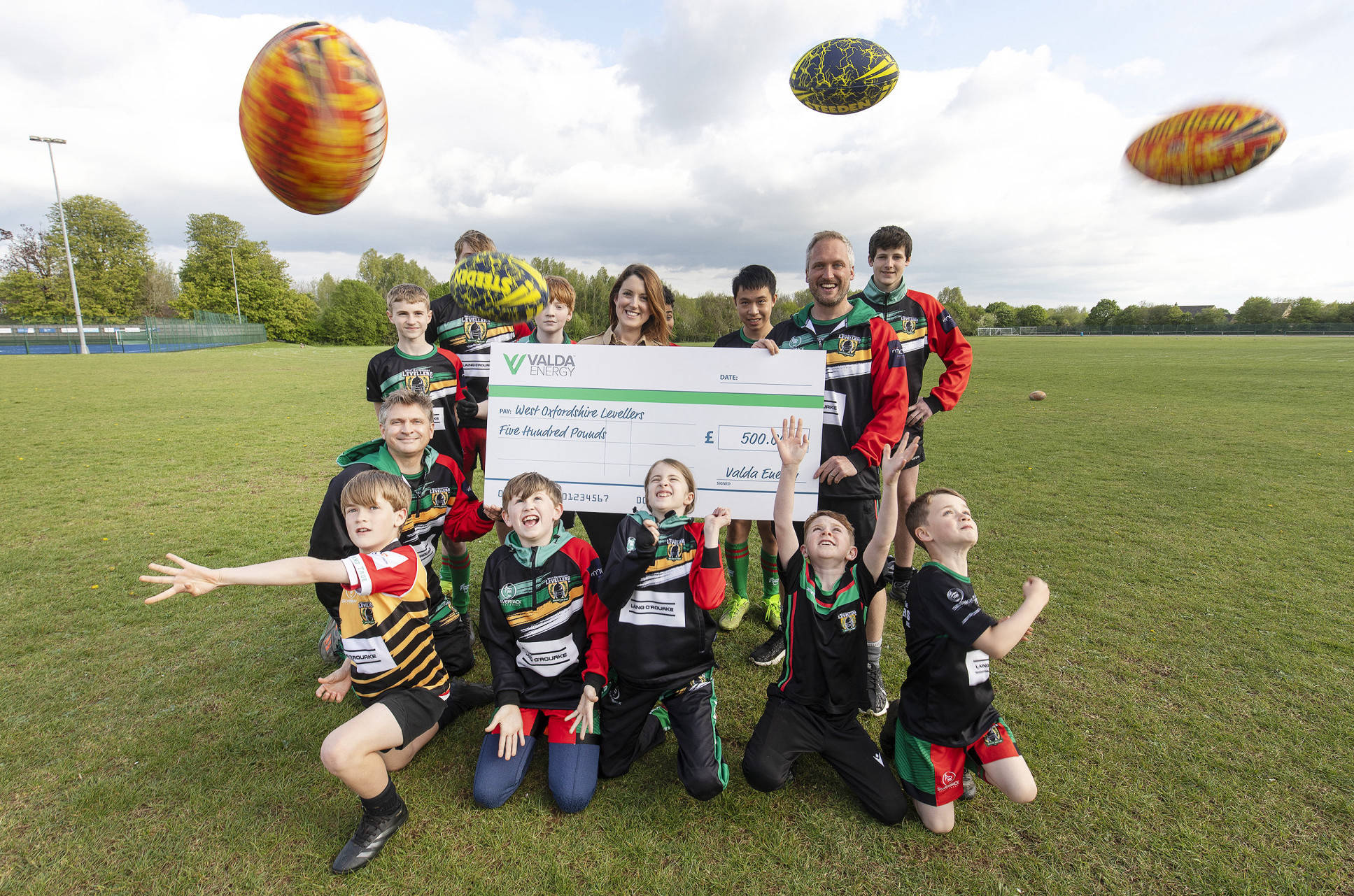22 Oct 2025
The RFL celebrates tackling inequalities during the Week of Social Impact with Community Wellbeing Hubs
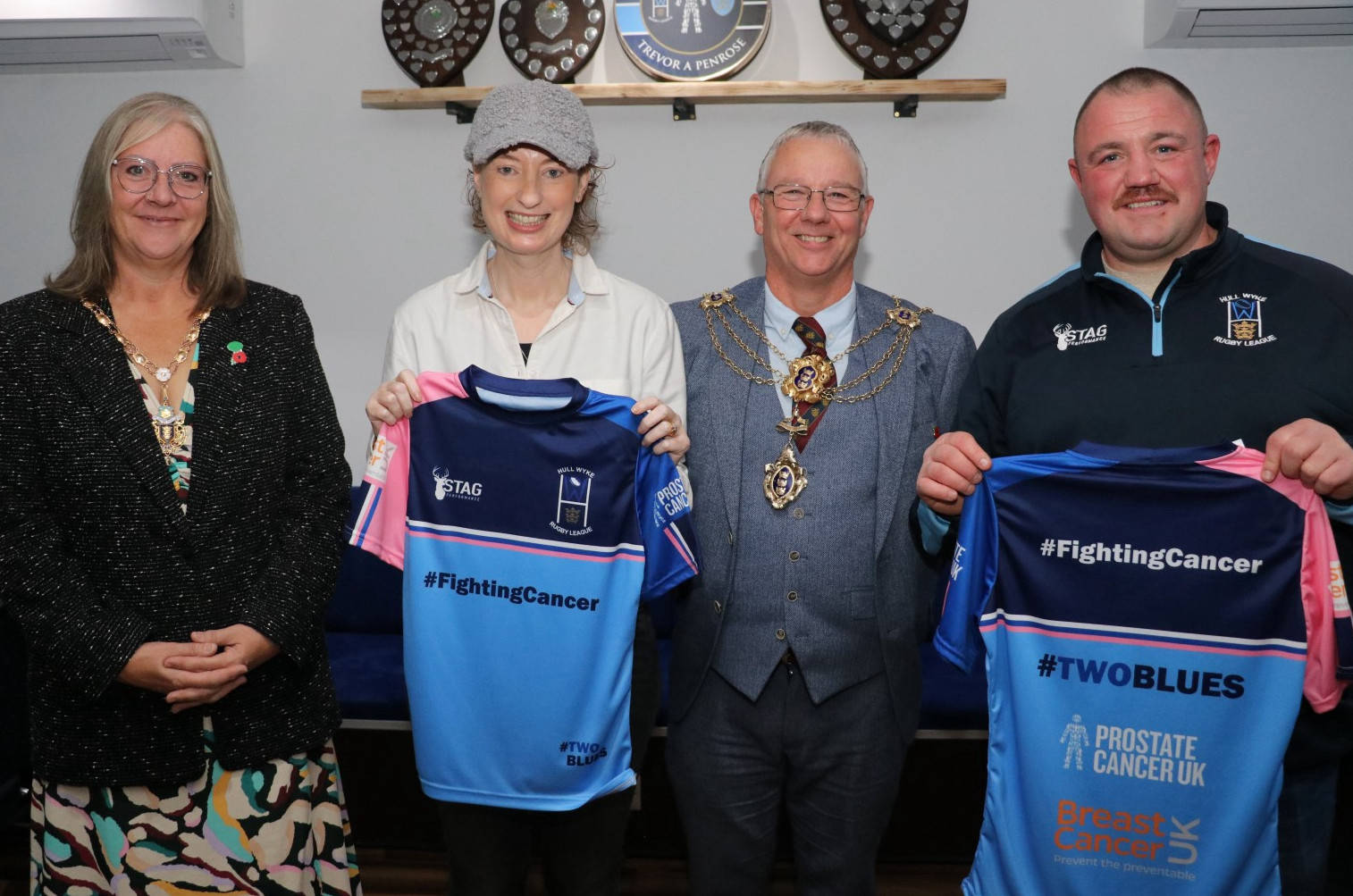
A key driver within our social impact mission is tackling inequalities by removing the barriers and tackling the inequalities our communities face. The RFL is focused on health, wellbeing, education, and employability to increase social mobility.
That’s why during the Week of Social Impact 2025, the RFL is proud to spotlight the outstanding Community Wellbeing Hubs that make our social impact mission possible which contribute to building a better future through social impact.
The Community Wellbeing Hubs programme is an accreditation aimed to build stronger community clubs to enable them to play a greater role in delivering local social impact activities and providing an additional source of sustainability to the club.
Using a placed based approach the programme compliments the existing, incredible work that community clubs do that drives social impact into the heart of our communities. Some example Community Wellbeing Hub activities include:
- Collaboration with the local community police to address anti–social behaviour using the clubhouse for education and rehabilitation sessions which regularly take place.
- ‘Park and Stride’ to reduce congestion in the neighbourhood and promote walking and physical exercise.
- Community Garden projects and regular litter pick events to drive environmental impact at the Hub.
- Partnerships with local High Schools providing volunteering opportunities to assist students in completing volunteering award, also benefitting the club with volunteers helping on site.
- Children's Healthy Holidays programmes.
- Collaborations with the Wildlife Trust to create a wildlife walk in the clubs’ grounds.
- Official Warm Spaces, so far including supporting 1000+ people.
- Education and employability events, including business evenings for local young people to connect with jobs, volunteering or training programmes.
- Regular meetings of specific health and wellbeing groups and charities such as local dementia societies.
We have nine community clubs accredited onto the programme with eager interest from over 30 more clubs. We aim to have 30+ by 2030! The RFL’s Social Impact Team support community clubs in developing their Hub, gaining the accreditation and this support is long lasting with a community of best practice network across all the Hubs to share ideas.
We can help you too!
If you would like to become a RFL Community Wellbeing Hub please click here to find out more.
Ashleigh Seddon, RFL Social Impact Manager, expressed:
“Community Wellbeing Hubs are a vital part of our Social Impact Strategy, and I’ve been blown away by some of the work undertaken by participating clubs. They are making a real impact in their local areas, which in turn, is helping build the profile of Rugby League and giving clubs more sources of income and therefore improving their longevity”.
Craig Beaumont, Hull Wyke ARLFC Chairman, explained:
“Becoming a Wellbeing Community Hub has enabled us to form partnerships within our local area. We now host several ‘community’ based clubs who have been struggling to find the correct space. As a Hub we have been able to work hand in hand with our local councillors and host their wellbeing community events providing food and drink, as well as a warm safe space during winter months.
“We aim to reach out to the local community and offer our facilities to more and more organisations. Our area has traditionally suffered from lack of ‘fit for purpose’ premises but now with us gaining CWH status we can rectify that.”
Dave Campbell, Chairman of Salford City Roosters, also said:
"Our Hub is absolutely thrilled to be part of the Green Community Hub network and really grateful to Groundwork Manchester for offering us this opportunity. This is one of several projects we're pursuing to make the club more sustainable and more attractive to people beyond just rugby. We can’t rely solely on subscriptions to keep the place going – we’ve got to be smarter and more community-minded. Creating a space that supports wellbeing, brings people together and promotes pride in our club is a big step in the right direction."

